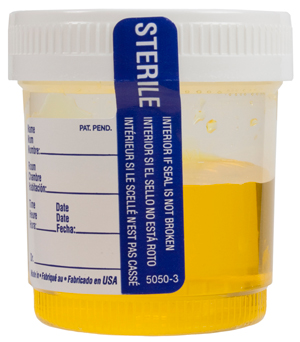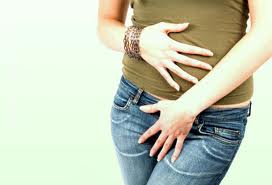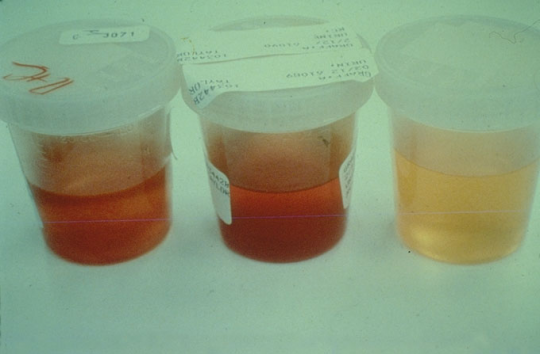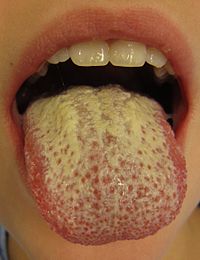Kidneys are very important anatomical parts of the human body. They are responsible for eliminating the end products of protein breakdown—urea and ammonia. These organs are also capable of excreting carbon dioxide, heat, electrolytes, hydrogen, and bacterial toxins. Kidneys act as very efficient filters that regulate the ions and solutes in your blood. This enables the control of your blood’s volume and pH. Glucose, calcitrol (active vitamin D), and the enzyme for red blood cell production are produced by kidneys. They also eliminate the toxins produced by the various processes that happen in your body. With the use of your kidneys, your blood pressure and the renin-angiotensin pathway (brought about by its secretion of renin) are controlled as well.You may not be aware of it but when you lose much water in your body, your kidney secrete hormones that help you reabsorb water.
Continue reading →








